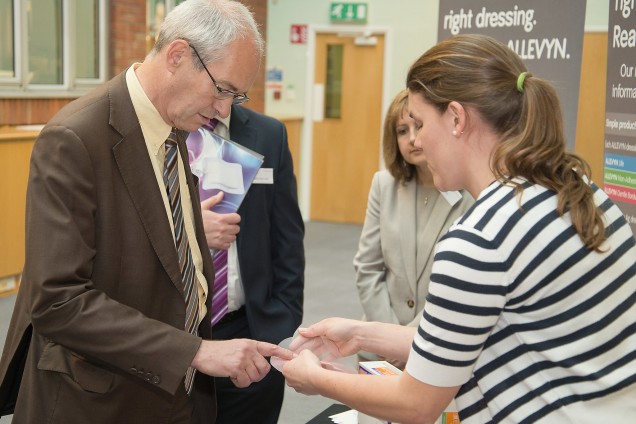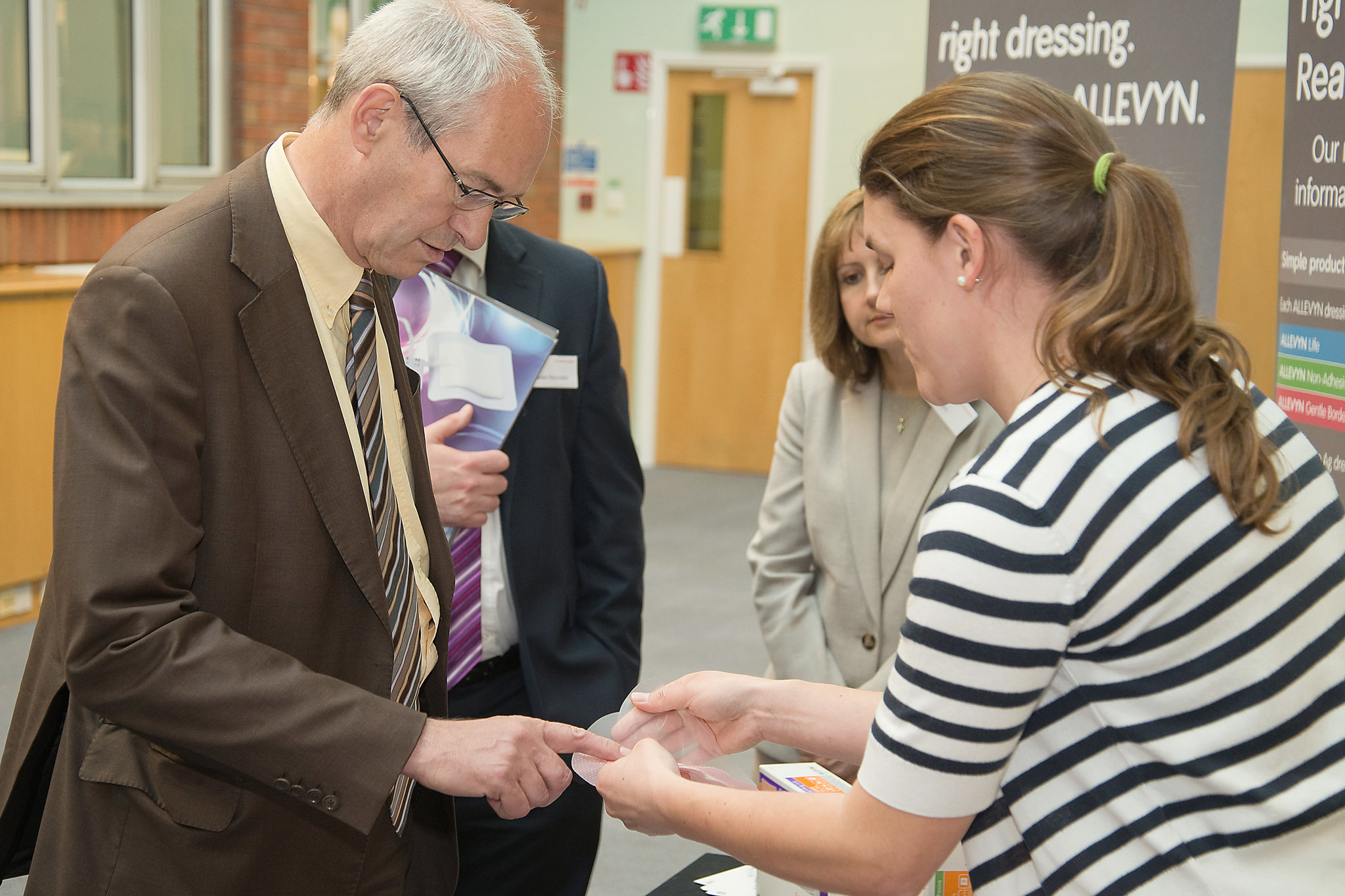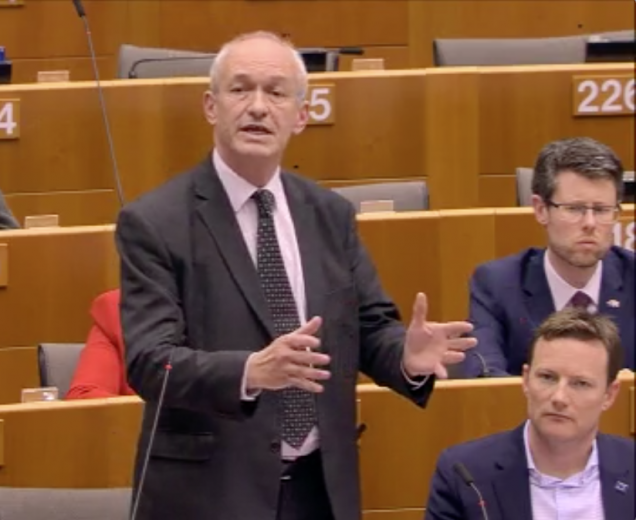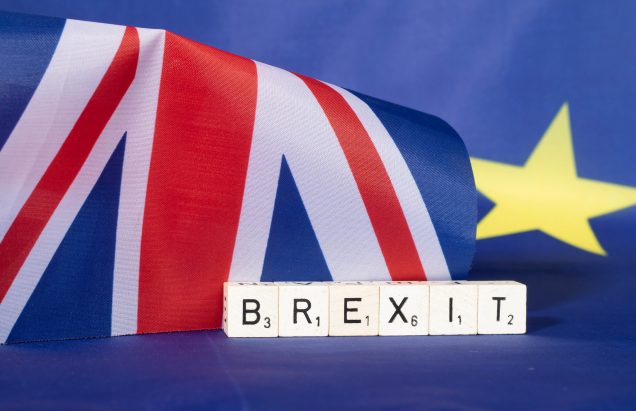Over the past couple of months, I’ve been visiting several major employers in Yorkshire & Humber, not least for discussions on how various EU policies and rules affect them.
Reflecting on these experiences, two things strike me. The first is simply pride: I’m amazed by the diversity and international reach of the work that’s done in our region. Whether it’s developing the next generation of healthcare technology, cutting-edge biomass energy and carbon capture, food processing or transport, Yorkshire & Humber is a leading light not just in the UK but in Europe and around the world. We have plenty to be proud of!
The second point my visits have hammered home to me is a more political one. Much has been made in recent months — and quite rightly — of the overwhelming demand from British businesses for the UK to stay at the heart of the EU. I have certainly heard that opinion expressed wherever I’ve been.
But this is not just about market access. Whether we’re a member or not, Britain’s exporters would still find themselves dealing with the European Union every day: it is the world’s biggest market, after all. And that market has rules to ensure a level playing field and to protect consumers, workers and the environment. Of course, every organisation I spoke to had a list of priorities for them — areas where they want to see those common rules improved, repealed, deepened or streamlined, to improve their business’s effectiveness. Since all EU rules come before the European Parliament, companies are naturally keen to set out their position for me, and in return I was (sometimes!) able to give advice about the legislative procedure or undertake to look into particular issues. These conversations — like those I have regularly with workers, unions, campaigning organisations and individual citizens — are a healthy part of a functioning democracy and help to keep us focused on our jobs.
So when we talk about the importance of the UK having a seat “around the table” in Europe, we don’t just mean that one particular EU Council table where national governments meet to agree legislation. We mean, too, the countless tables up and down the country where interested citizens meet elected representatives or government ministers to discuss improvements to current or future policy. Eurosceptics like to pretend that these conversations never happen, or that they make no difference. In fact they happen all the time, all around us, and they have a profound effect. Why else would time-conscious, money-conscious employers be so keen to have them? Why else would trade unions, NGOs and local authorities put such effort into meeting their MEPs?
If Britain left the EU, the EU would not go away. We would still have to sell our products on the European market. It would be just as important for Smith & Nephew or Vivergo or Drax or Benenden or Barclays or Premier Foods or Hull Port that the rules of that market worked for them. But they would suddenly have nobody to speak to: no Members of the European Parliament, no government ministers on the EU Council. They would be out in the cold — a voice in the empty corridor, with nobody listening.
Norway’s government has cautioned us in no uncertain terms about this. We must not let it happen in Britain.






